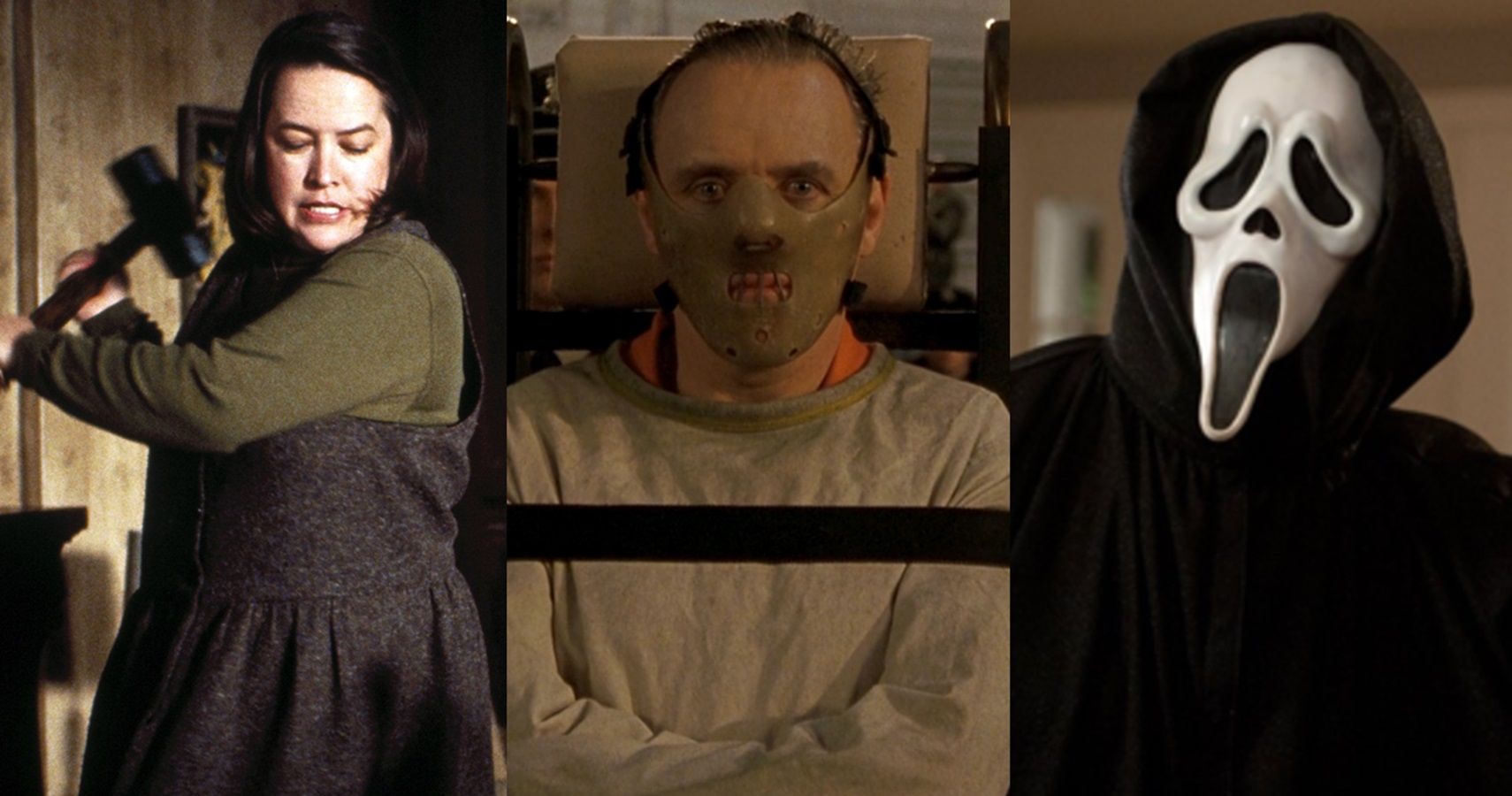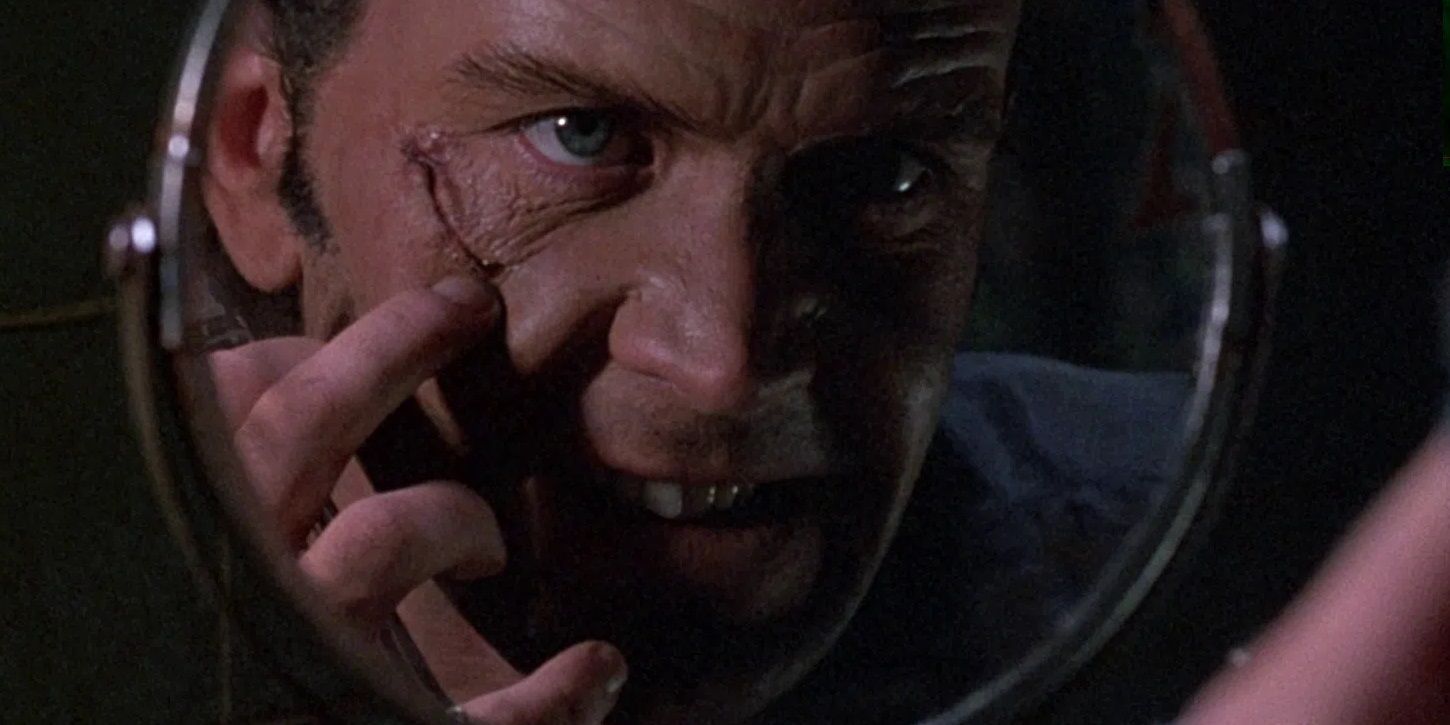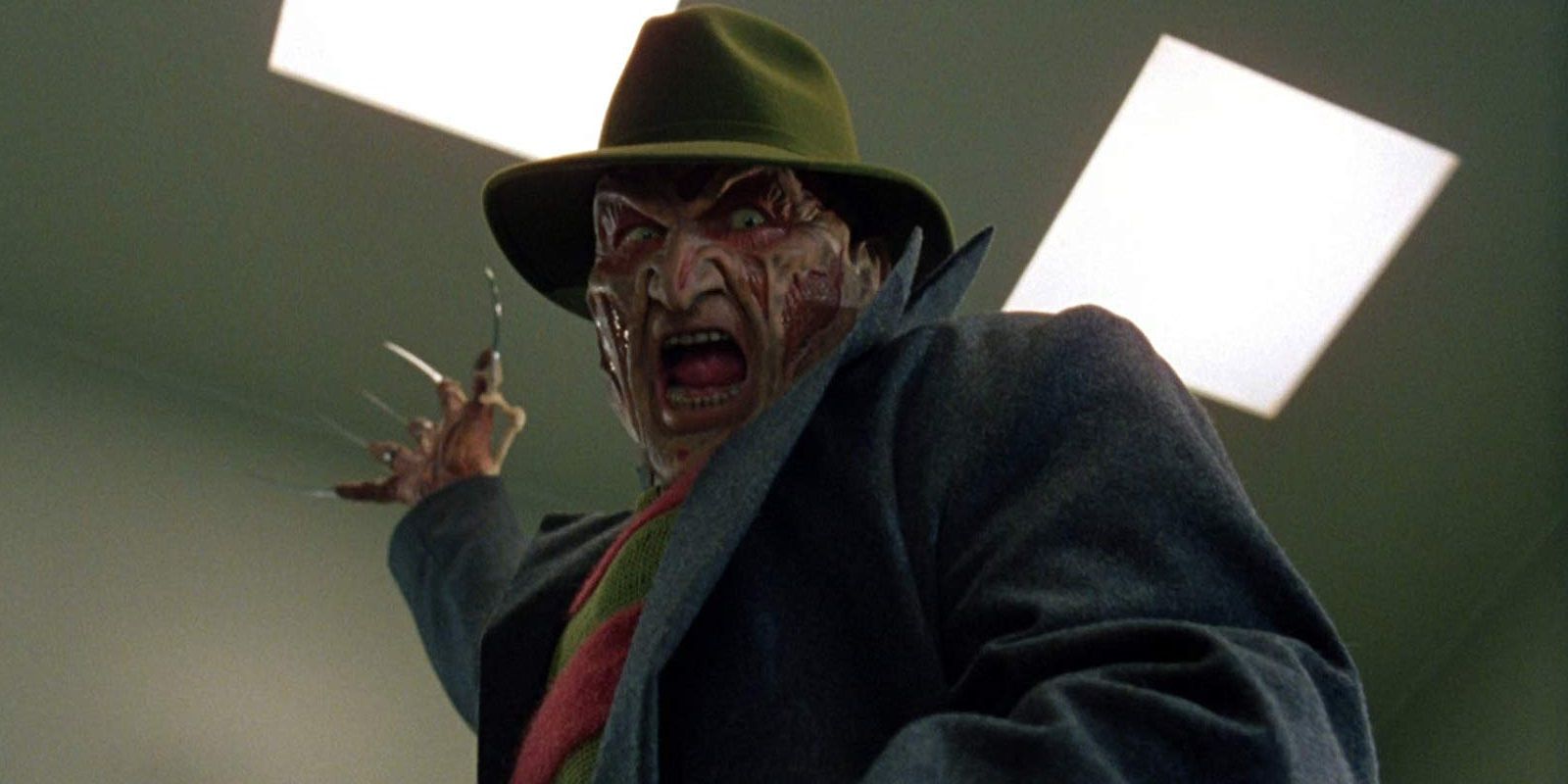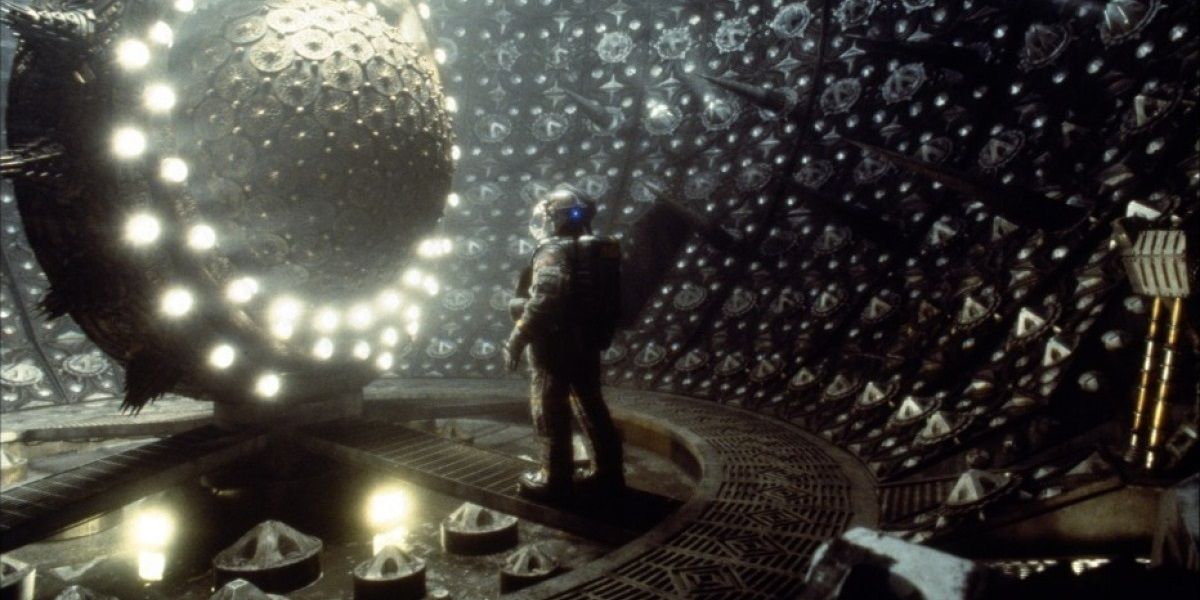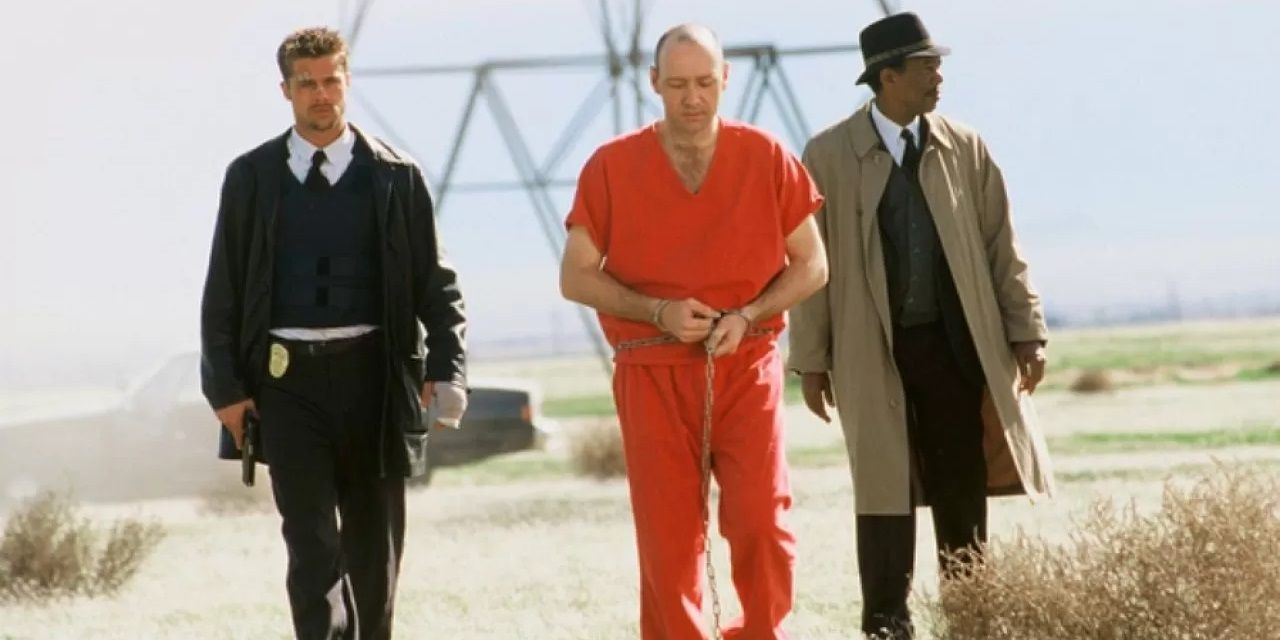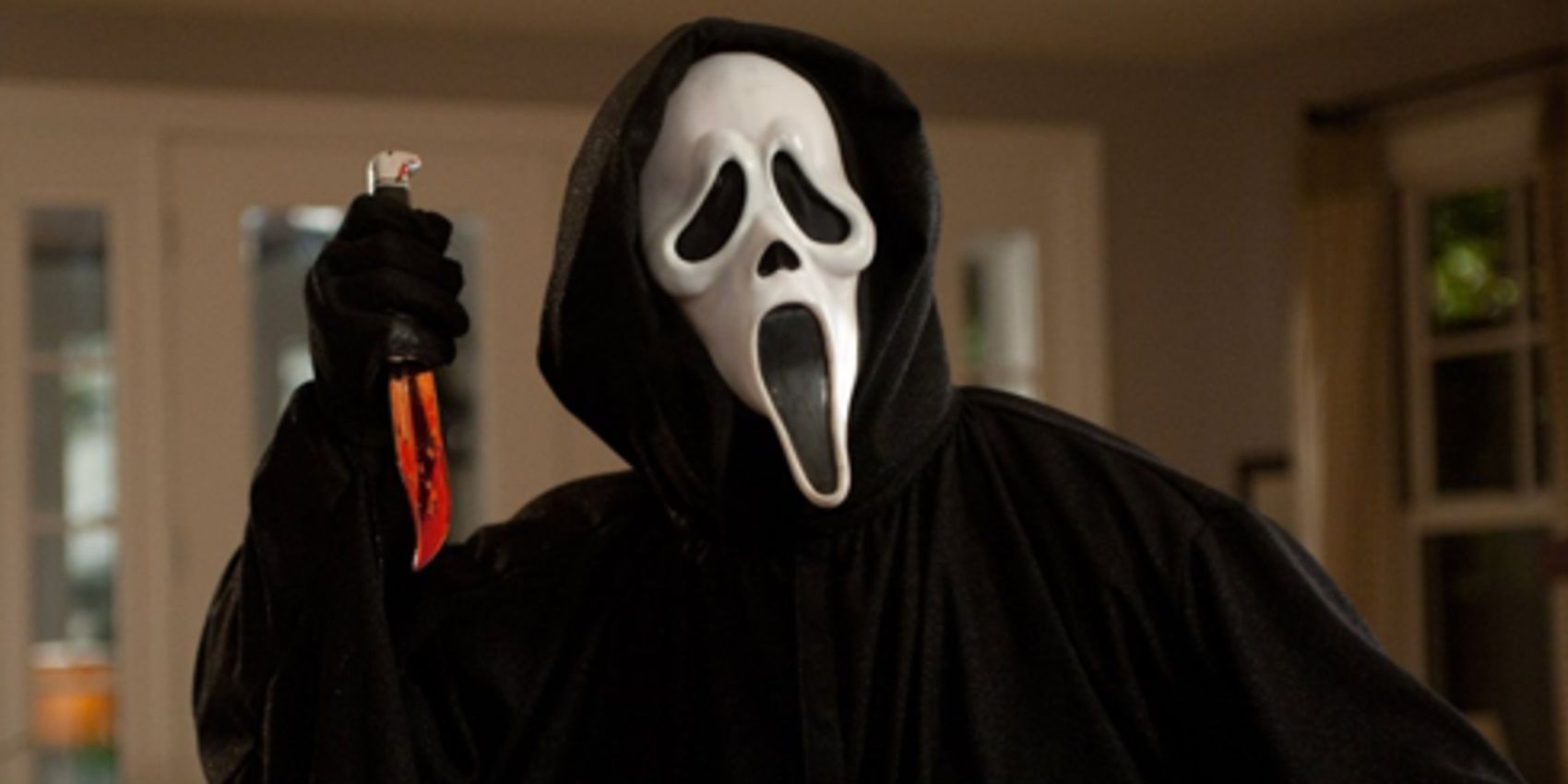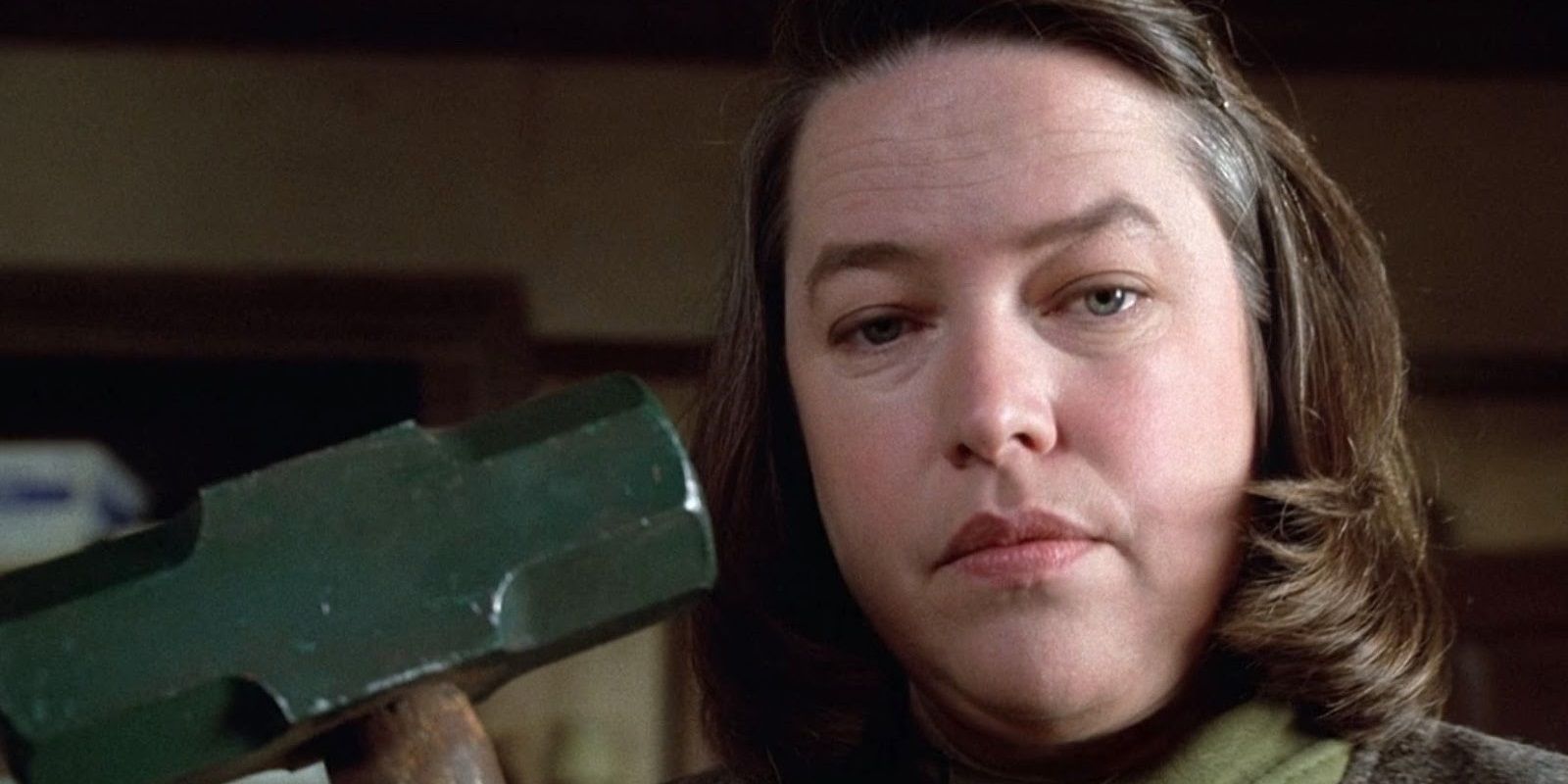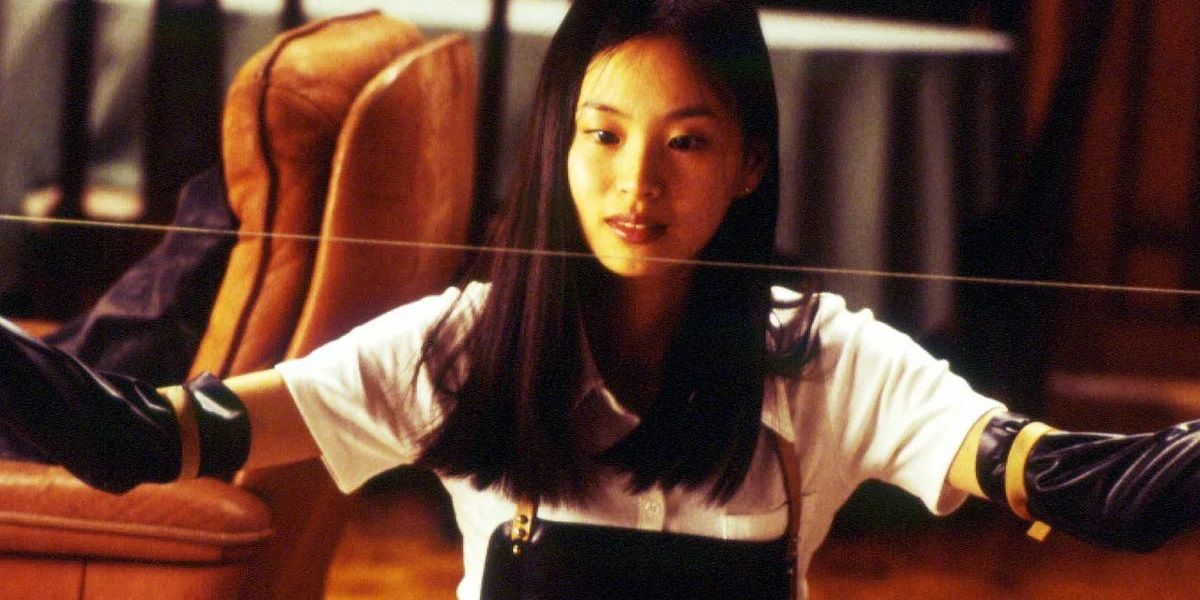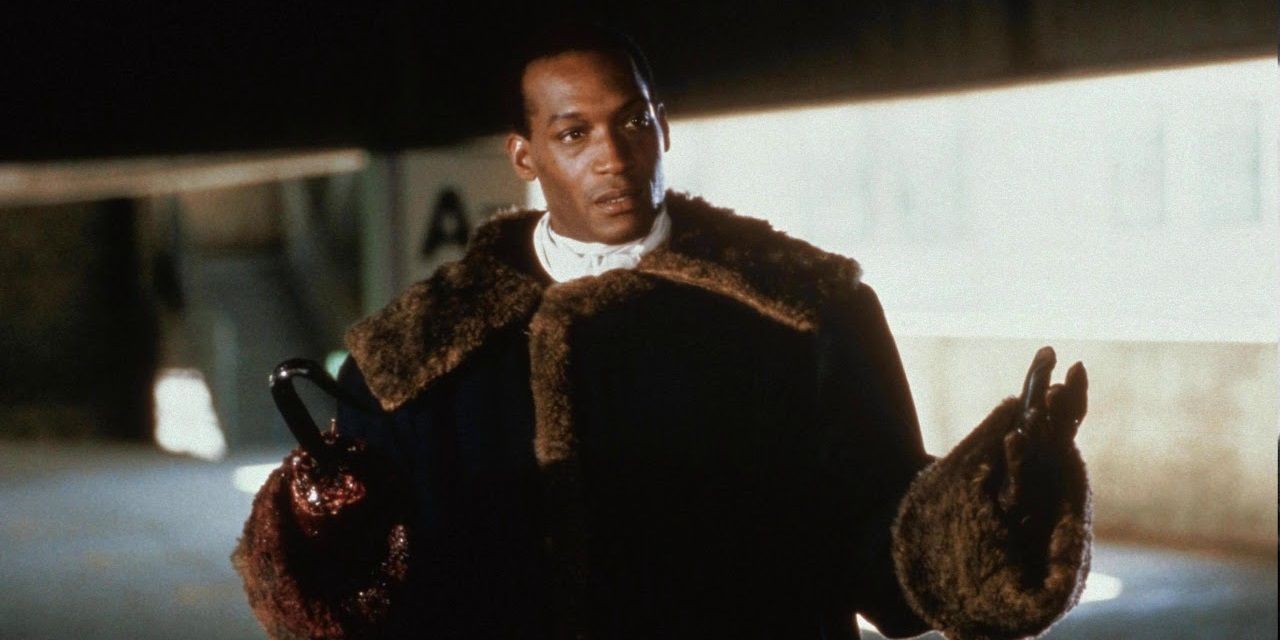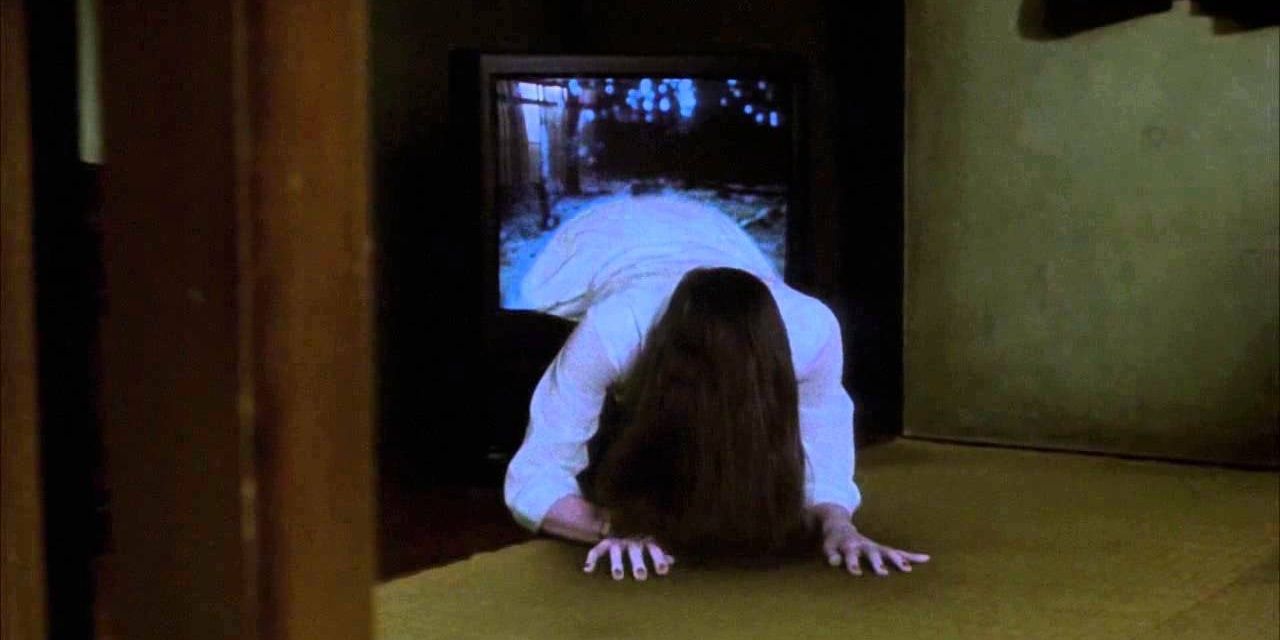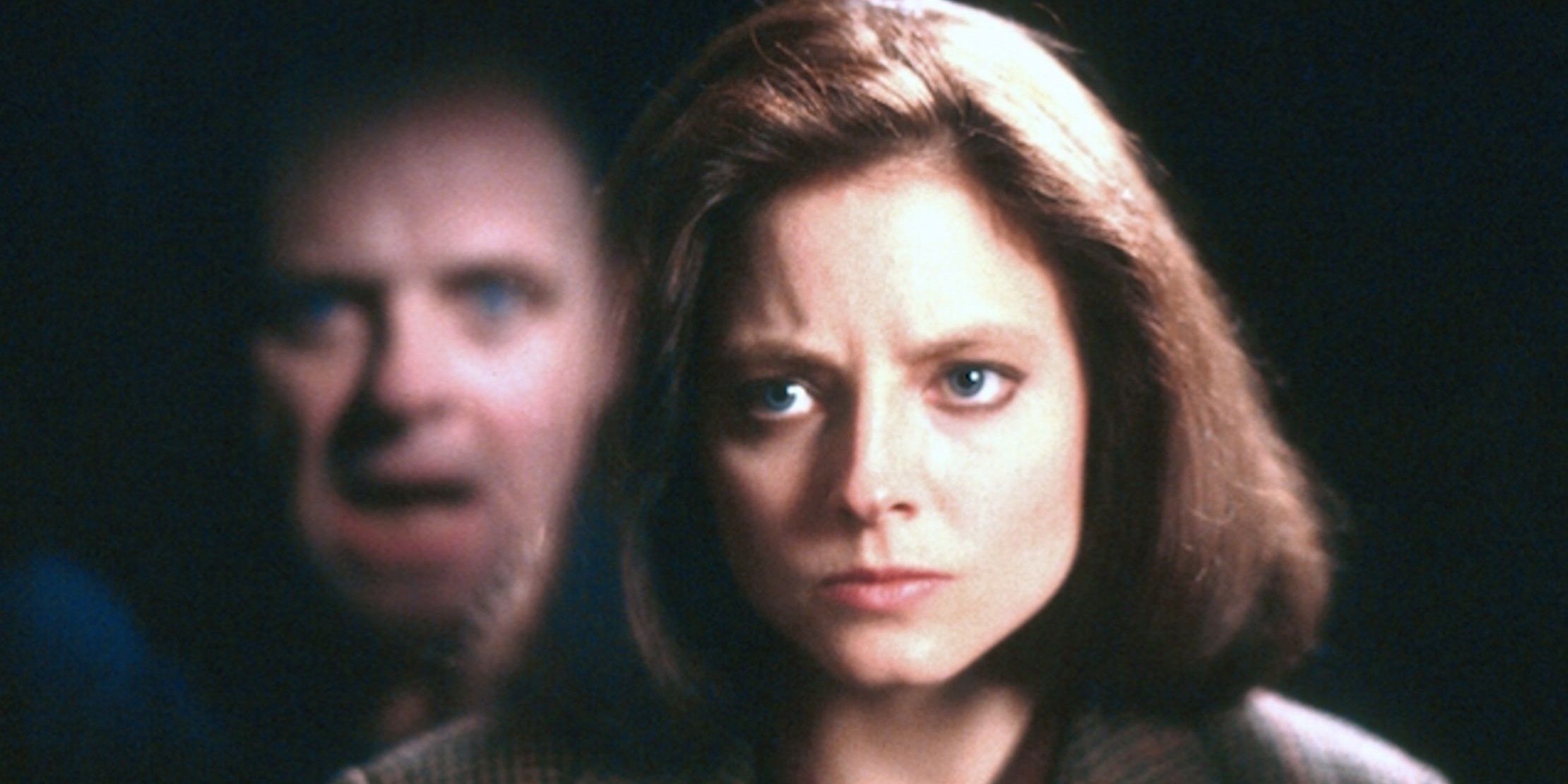Horror cinema enjoyed one of its best decades in the 1990s. All kinds of scary movies were getting made. David Fincher bowled audiences over with Se7en, a movie that proved horror can be grisly and smart, and that buddy cop pairings don’t have to be confined to the action genre.
And on top of that, the genre got a self-aware makeover in the age of postmodernism. Wes Craven, one of the forerunners of the slasher subgenre with movies like A Nightmare on Elm Street, took a satirical jab at his own legacy with Scream, one of the most meta horror movies ever made.
The Dark Half (1993)
1993 didn’t have a lot for audiences in terms of horror movies, with offerings like Leprechaun, Needful Things, and Amityville: A New Generation squandering their exciting premises. However, George A. Romero did release a pretty good Stephen King adaptation, the psychological thriller The Dark Half.
The movie doesn’t rank among Romero’s best work, but his script has some fascinating ideas and Timothy Hutton plays delightfully against type.
Wes Craven’s New Nightmare (1994)
Two years before he would grace the horror genre with arguably its greatest work of metafiction, Scream, Wes Craven brought a self-aware angle to the sixth sequel to his slasher classic, A Nightmare on Elm Street.
New Nightmare takes places outside the franchise canon, depicting Freddy as a fictional character from a movie series who makes his way into the real world.
Event Horizon (1997)
Paul W.S. Anderson’s reputation as a filmmaker has been tarnished by an endless slog of interminable, incomprehensible Resident Evil movies, but in 1997, he directed an underrated sci-fi horror gem called Event Horizon.
A rescue crew is sent to a ship and discovers that it accidentally ripped open the spacetime continuum, allowing an ominous entity from outside the known universe to possess it.
Se7en (1995)
In a year that brought some truly awful movies like Leprechaun 3, Village of the Damned, and Halloween: The Curse of Michael Myers, 1995 wasn’t a great time to be a horror fan. But David Fincher delivered a neo-noir crime thriller that was more terrifying than any horror movie hitting multiplexes that year.
Se7en stars Brad Pitt and Morgan Freeman as a classically mismatched buddy cop duo on the trail of a serial killer who’s been basing his gruesome murders on the seven deadly sins.
Scream (1996)
Wes Craven took a satirical jab at the slasher, the horror subgenre he’s perhaps most associated with, with Scream, a movie in which high schoolers are getting killed off by a masked murderer and for the first time in slasher history, they’re actually familiar with horror movies that follow that structure.
On top of being a pitch-perfect lampoon of slashers, Scream also delivers the goods. It’s what Adam McKay calls “that weird kind of satire where you’re making fun of it, but you’re also doing it.”
Misery (1990)
The great William Goldman wrote the screenplay adaptation of Stephen King’s Misery as one of the tensest two-handers in film history. James Caan and Kathy Bates are perfectly matched as a famous author and the superfan who saves him from a car wreck and subsequently holds him hostage.
Bates, in particular, steals the show as the iconic villain Annie Wilkes, more than earning her Academy Award by making the word “cockadoodie” and the horrifying “hobbling” scene organic to the same character.
Audition (1999)
When a widower’s son recommends that he find a new wife in Takashi Miike’s Audition, he holds interviews with various women and becomes drawn to one of them.
However, as they turn out to have a very dark past, the relationship suffers. There’s no horror movie out there that’s quite like this one — aside from all the movies it’s since had an impact on.
Candyman (1992)
Featuring one of the horror genre’s most memorable villains, Candyman follows the terrifying revelations that come to light when a Chicago graduate student investigates the validity of a local urban legend.
On top of the supernatural thrills, Candyman is an important movie about race. Clive Barker’s source material was about the British class system, but Bernard Rose recontextualized it as a story about inner-city U.S. life.
Ringu (1998)
Everyone knows this movie’s premise from its Hollywood remake — a cursed videotape that kills its viewers within a week — but as usual, the Japanese original is far superior.
Thematically, it’s about the fears of modern technology, while the set pieces are terrifying enough to stop the story from getting bogged down in its big ideas.
The Silence Of The Lambs (1991)
While Martin Scorsese’s Cape Fear remake is a masterfully crafted suspense thriller, the horror movie that stole the spotlight in 1991 was Jonathan Demme’s The Silence of the Lambs. Jodie Foster is the perfect protagonist as Clarice Starling, an FBI rookie hunting a serial killer targeting women, while Anthony Hopkins is the perfect antagonist as Dr. Hannibal Lecter, the cannibal whom she consults with on the case.
Foster and Hopkins both won Oscars for starring in this masterpiece, as did Demme, screenwriter Ted Tally, and the movie itself, making The Silence of the Lambs the only horror movie — and one of the only movies, period — to win the big five Academy Awards.

